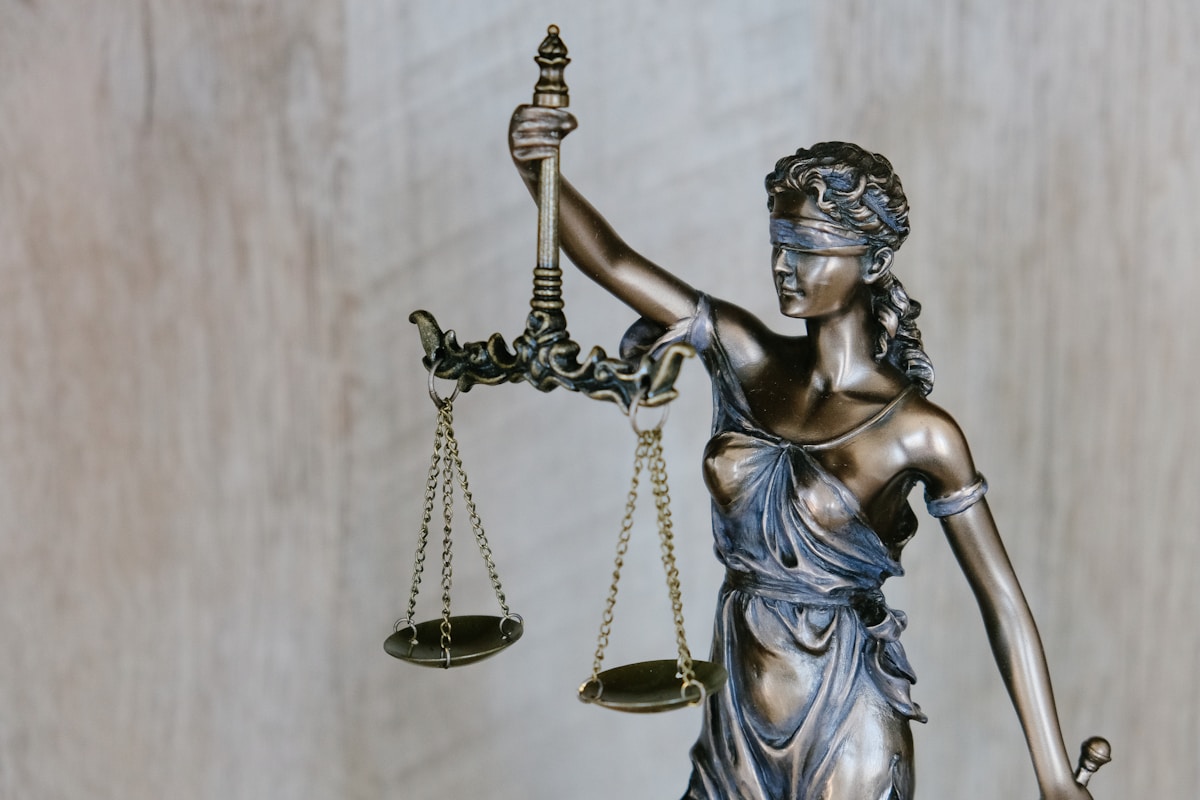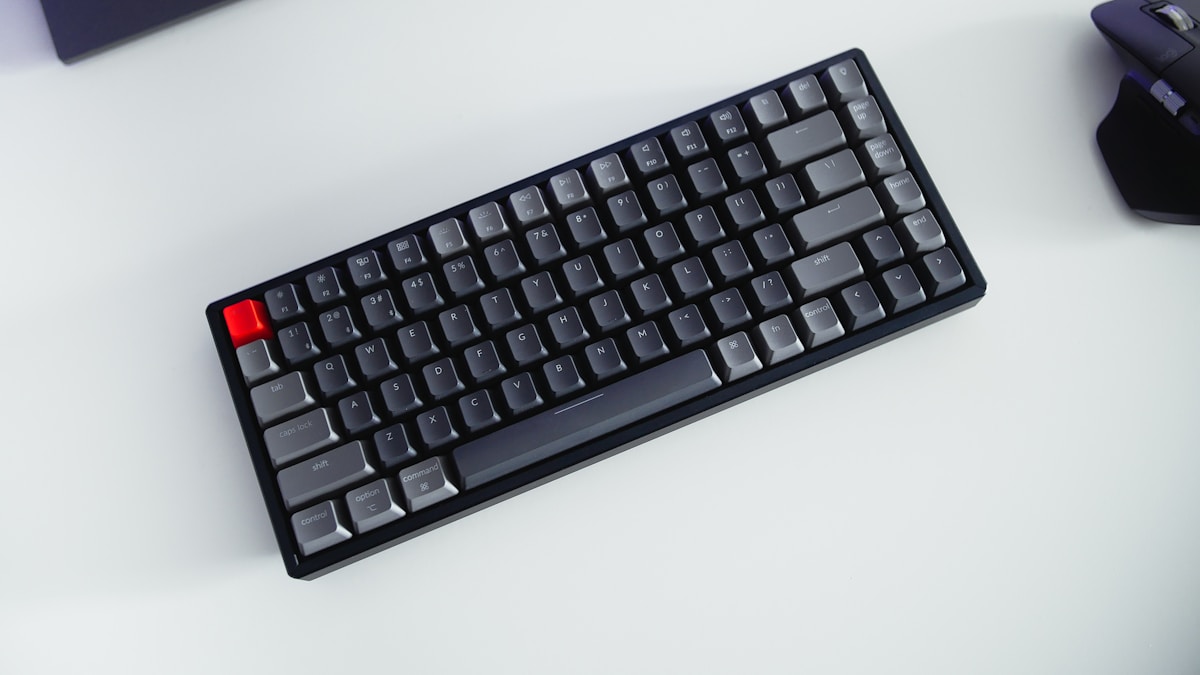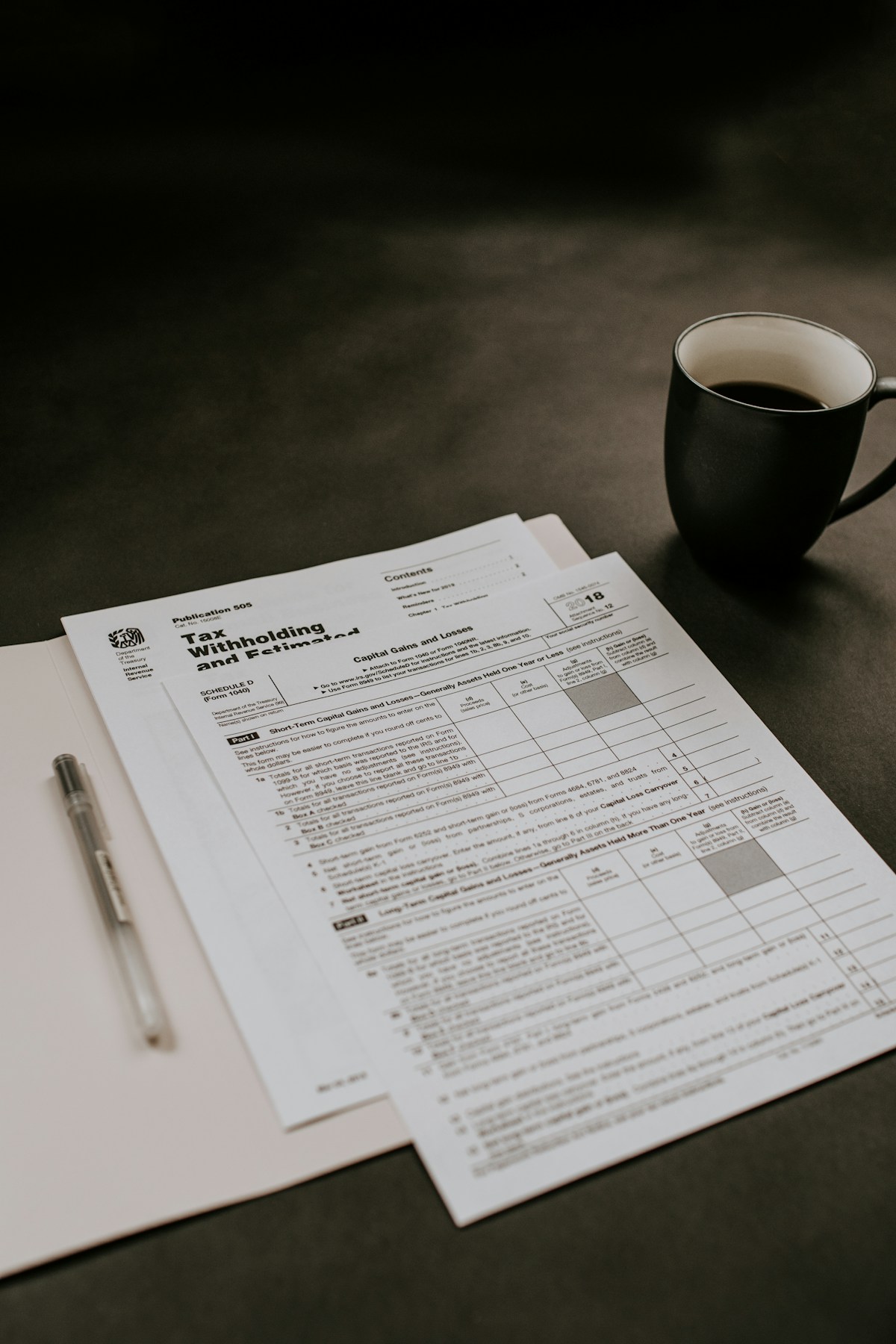An informative guide to understanding your legal rights during interactions with law enforcement, including traffic stops, questioning, searches, and arrests.
Encounters with police officers can be stressful and confusing. Understanding your legal rights in these situations is essential for protecting yourself while respecting law enforcement's legitimate authority. This guide outlines the key rights citizens have during various types of police interactions, along with practical advice for navigating these encounters safely and legally.
General Principles for Police Encounters
Before addressing specific scenarios, several overarching principles apply to most police interactions:
- Stay calm and composed: Maintain your composure and avoid confrontational behavior, regardless of the circumstances.
- Be respectful: Address officers professionally, using "officer" or "sir/ma'am" in responses.
- Do not physically resist: Even if you believe your rights are being violated, physical resistance can lead to injury and additional charges.
- Document the encounter: When possible, note badge numbers, names, patrol car numbers, and other identifying details.
- Assert rights calmly: If you choose to exercise a right, do so clearly and calmly.
Traffic Stops
Traffic stops are among the most common police encounters citizens experience. Your rights and responsibilities include:
When Pulled Over
- Pull over safely and promptly when signaled by police lights or sirens.
- Stay in your vehicle unless directed otherwise by the officer.
- Keep your hands visible, preferably on the steering wheel.
- Inform the officer if you have a licensed firearm in the vehicle (required by law in many states).
- You must provide your driver's license, vehicle registration, and proof of insurance when requested.
Your Rights During Traffic Stops
- Right to remain silent: Beyond identifying information, you can decline to answer questions about where you're going, where you've been, or whether you've been drinking.
- Limited consent to searches: Officers need either your consent, probable cause, or a warrant to search your vehicle. You can clearly state "I do not consent to a search" if asked.
- Right to refuse field sobriety tests: In most states, you can decline to perform field sobriety tests, though this may lead to arrest if the officer has reasonable suspicion of impairment. Be aware that refusing chemical tests (breathalyzer, blood tests) may result in automatic license suspension under implied consent laws.
Street Encounters and "Stop and Frisk"
Police have authority to briefly detain you if they have reasonable suspicion that you're involved in criminal activity. Understanding your rights during these encounters is crucial:
Determining If You're Being Detained
- You can politely ask: "Officer, am I free to leave?" If yes, you may calmly walk away.
- If you're not free to leave, you are being detained, and the officer must have reasonable suspicion of criminal activity.
Your Rights During Detention
- Right to remain silent: You can decline to answer questions beyond identifying information. In some states, you may be required to provide your name if asked.
- Pat-downs: Officers may conduct a superficial pat-down of your outer clothing if they reasonably suspect you may be armed. This is limited to a search for weapons, not evidence.
- Recording the encounter: Generally, you have the right to record police in public places, but do so openly and without interfering with their duties.
Police at Your Door
When police come to your home, different rights apply depending on the circumstances:
Without a Warrant
- You are not required to open the door or let officers in without a warrant, except in emergency situations.
- You can speak to officers through the door and ask about their purpose.
- If they request entry without a warrant, you can respectfully decline by saying, "I don't consent to a search."
With a Warrant
- You have the right to review the warrant to verify it's valid (correct address, signed by a judge).
- A search warrant typically allows police to enter even if you're not home and to use reasonable force if denied entry.
- The warrant should specify the areas that can be searched and what officers are looking for.
Arrests
If you are placed under arrest, additional rights come into play:
Your Rights Upon Arrest
- Miranda rights: If arrested and questioned, you must be informed of your rights to remain silent and to have an attorney.
- Right to an attorney: You can request an attorney at any time, stating clearly: "I want to speak to an attorney." All questioning should cease until your attorney is present.
- Right to a phone call: You generally have the right to make a telephone call within a reasonable time after arrest.
- Right to appear before a judge: You must be brought before a judge for a hearing promptly, typically within 48-72 hours of arrest.
Practical Considerations During Arrest
- Do not physically resist arrest, even if you believe it's unjustified.
- Clearly invoke your rights to remain silent and to have an attorney.
- Do not discuss your case with anyone in jail except your attorney.
- Document any injuries with medical attention and photographs after release.
Special Considerations
Immigration Enforcement
- Non-citizens have many of the same rights as citizens during police encounters.
- You have the right to remain silent regarding your immigration status in most circumstances.
- You have the right to speak with an attorney before answering questions about immigration status.
Recording the Police
- Generally legal to record police in public places.
- Record openly—not secretly—and from a reasonable distance.
- Do not interfere with police activities while recording.
- If ordered to stop recording, you may have the right to continue but weigh the situation carefully.
If Your Rights Are Violated
If you believe your rights have been violated during a police encounter:
- Never physically resist officers, even if they are violating your rights.
- Note officers' badge numbers, patrol car numbers, and other identifying information.
- If injured, seek medical attention and document injuries with photographs.
- File a written complaint with the police department's internal affairs division or civilian complaint board.
- Consider consulting with a civil rights attorney about potential legal action.
Understanding your legal rights during police encounters is essential, but equally important is recognizing when and how to assert these rights safely. Each situation is unique, and this guide provides general principles rather than specific legal advice for every scenario. When in doubt, consulting with an attorney who specializes in criminal defense or civil rights can provide guidance tailored to your specific circumstances and local laws.






